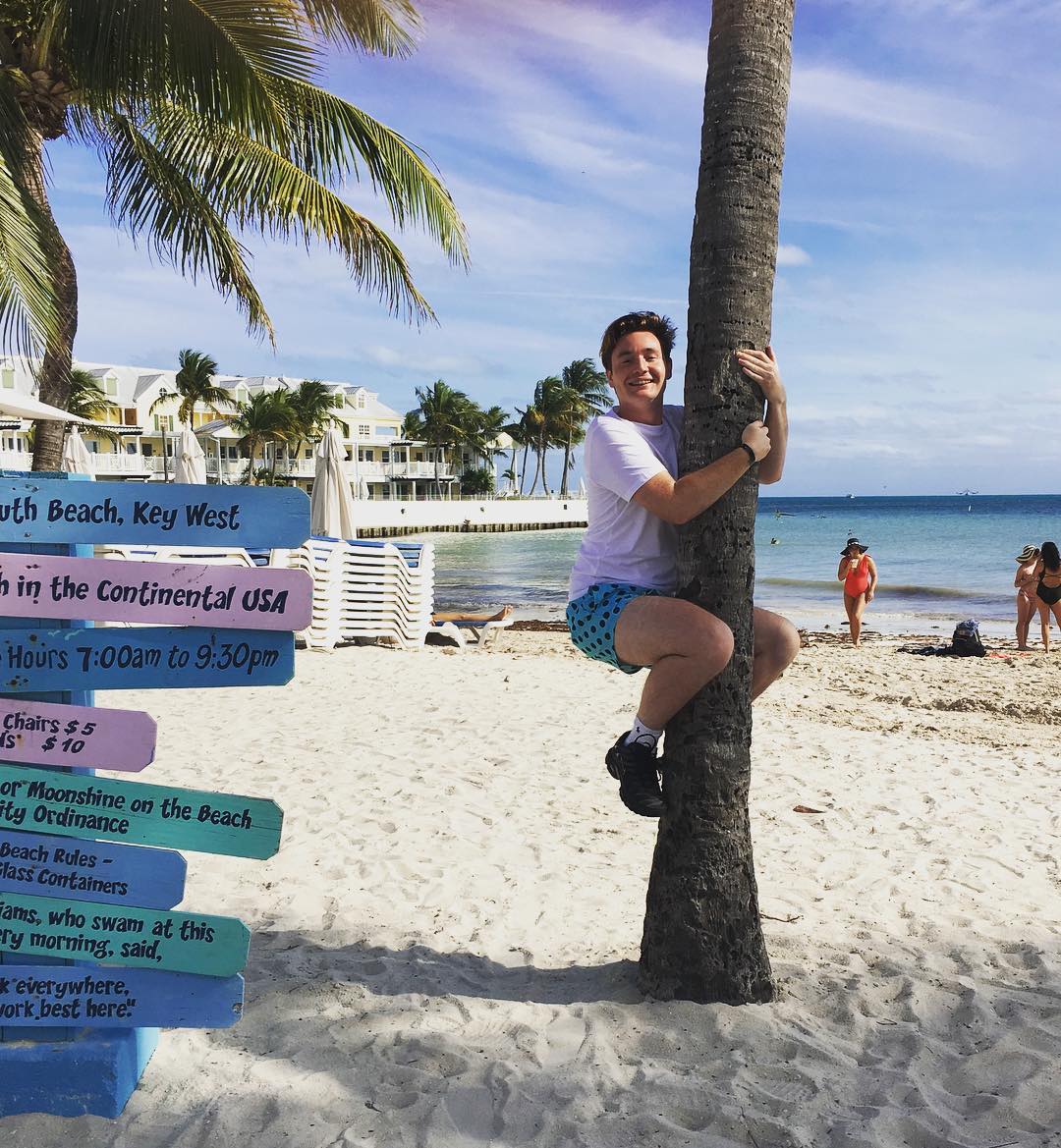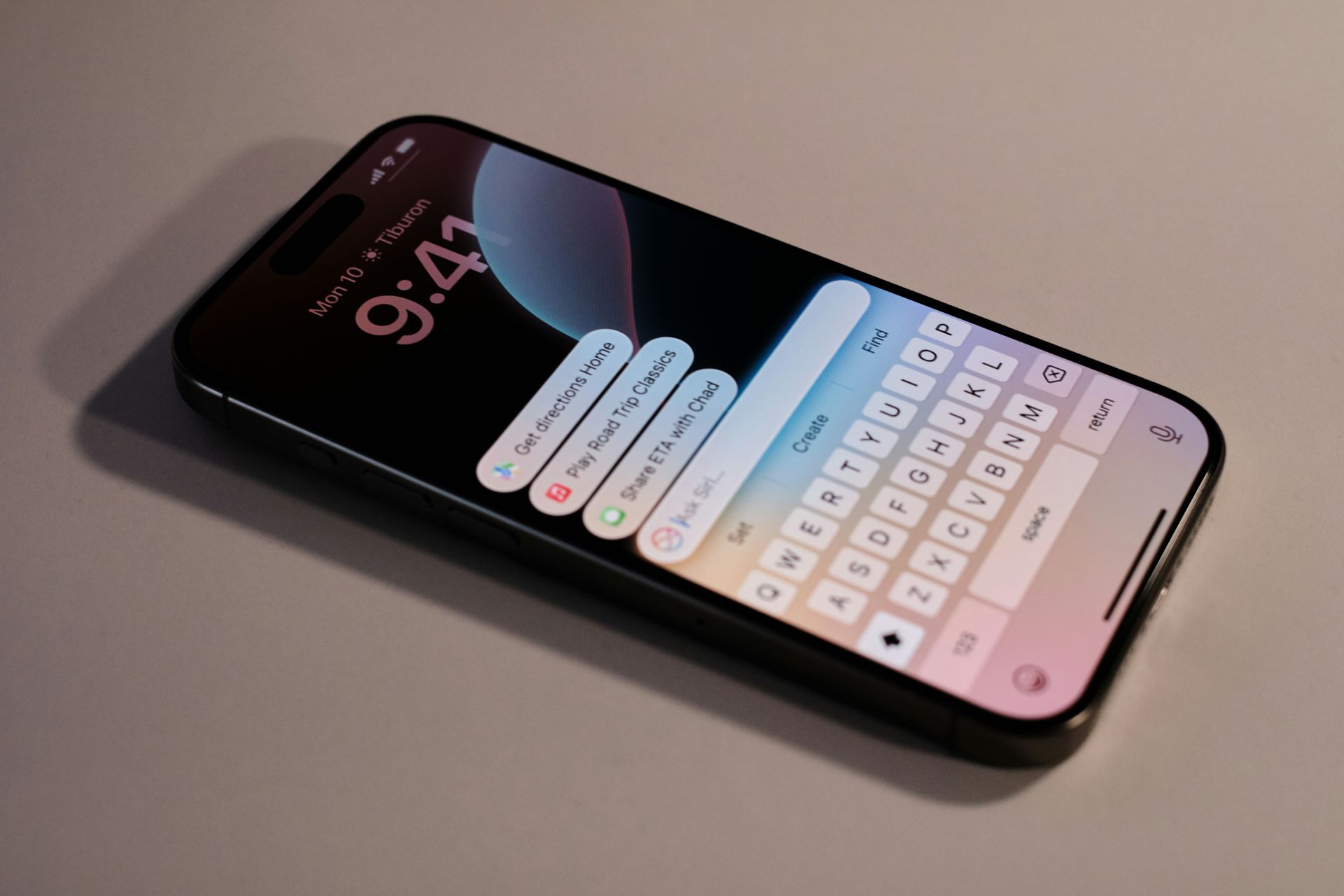Riding the Pandemic waves of Bipolar
Another day passes, alone in isolation, sitting present and still with complex emotions and moods at times beyond my internal control. I wake up struggling to move, suffocated by my brain riddled with anxiety, depression, hypomanic exhaustion and disempowerment from my family and mental health systems.
I know I am unwell, but this time I can feel the anxiety and depression creep in. Emotional in bed, I pull myself into the shower and dress to impress hoping this will lift my mood ever so slightly. I think about all I have lost during the pandemic - my father, friends, a job, someone I fell in love with. The building wave hits me so hard I collapse to my bedroom floor awashed with tears. I grieve, and relive past traumas in a state of despair. I need out, but I want to live.
The pandemic induced a depressive episode brought on by anxiety and emotional responses to grief and trauma. The slow withdrawal from society enabled the perfect storm, waves so high I could barely surf. The biggest wave came crashing down when I admit to myself it’s time to engage medication once more – a strategy I am often resistant to as a last resort. I attend the doctors office teary eyed, soft, gentle, and without energy much like my mother two decades earlier. “You will be glad to know I am ready to take medication again” I said with a smirk to the Physician. Much to the doctors surprise, she trials a medication that absorbs in my mouth given the historical trauma of swallowing after previous attempts to take my life.
The unfortunate reality kicks in, and again another wave, bigger than the biggest. Scarier than my worst fear. This time the medication impacts my concentration, thoughts, motivation and worst of all sleep . The medication impacts my job, as I accidently take an antidepressant sedative after lunch for a few days – wondering why I fall asleep mid afternoon. I read up on this medicine and realise it’s dosage is for night use.
The damage is done, as I miss emails from my manager, who calls me in for a work review. Before having the opportunity to explain my mental health and the circumstances she calls in Human Resources through the recruitment agency. I thought the ever engrossing waves of the pandemic had broken me, consumed me and swallowed me to the bottom of the ocean. I thought I could no longer suffer the isolation, despair and harrowing pain of grieving the loss of my father and lover, but I reclaim my sense of self and take small steps to building my confidence, my mood and most importantly challenging my thoughts and behaviours spiralling me towards hospital on this cold winters day.
Once showered, I shop for food and surround myself with other people, I try to smile ensuring I connect whilst entrenched in the Bladerunner soundtrack of my noise cancelling headphones – so eloquently moved by symphony I begin to dually smile and cry. I buy a new office chair, as I know part of my recovery is writing, exercising what strength and mastery I have left I begin to write – and so here we are.
I am an overcomer, and will fight until the final round. In many ways its all we can do. Fight to survive what has collectively impacted our health and wellbeing in many fruitful and adverse ways.
I plan for the future – in the hope of keeping me going in the now. For hope and connection are the source of our survival and recovery. I rebuild my life once more, awashed with the COVID19 pandemic consequences.
I surfed to shore once more .





